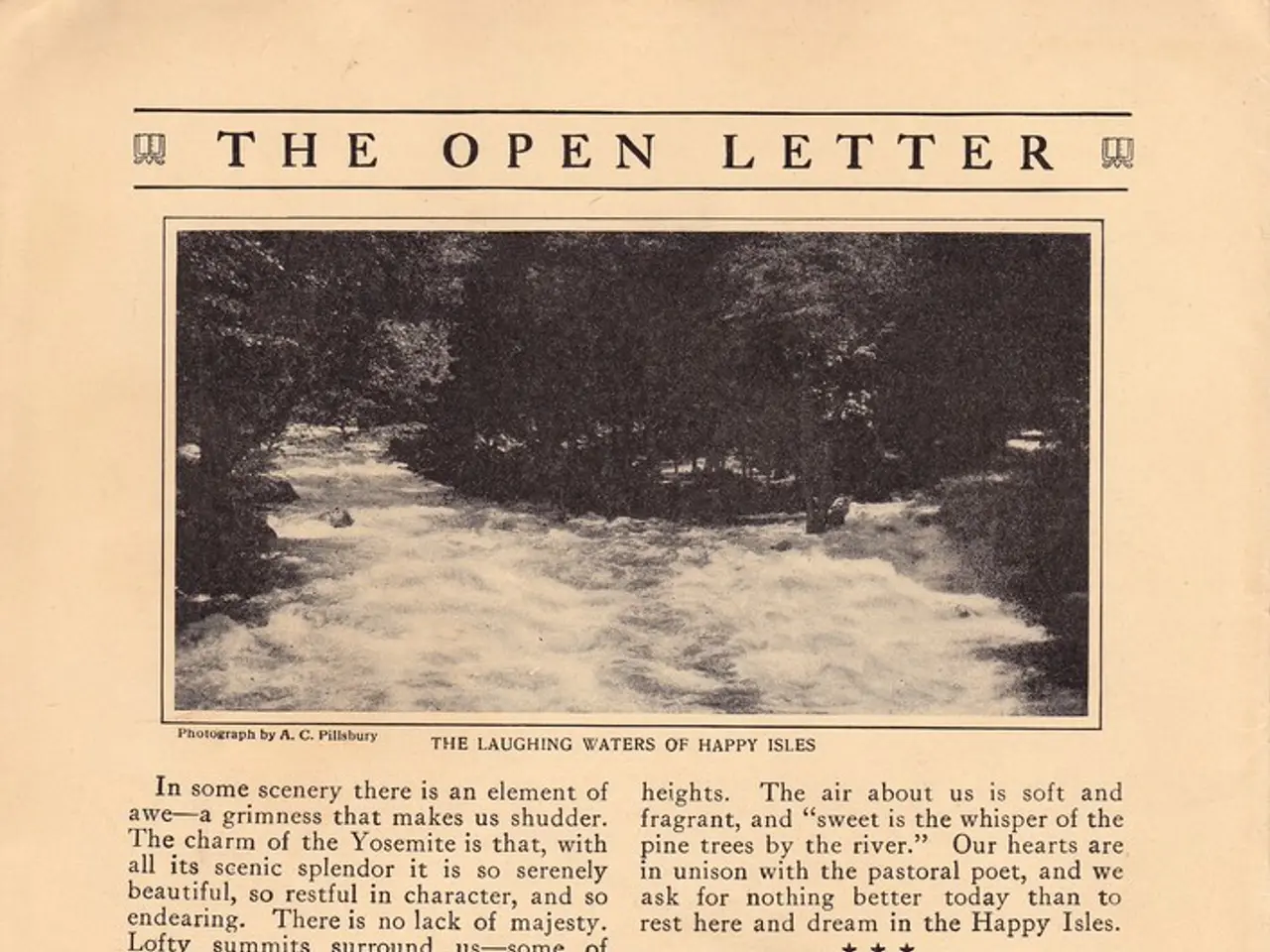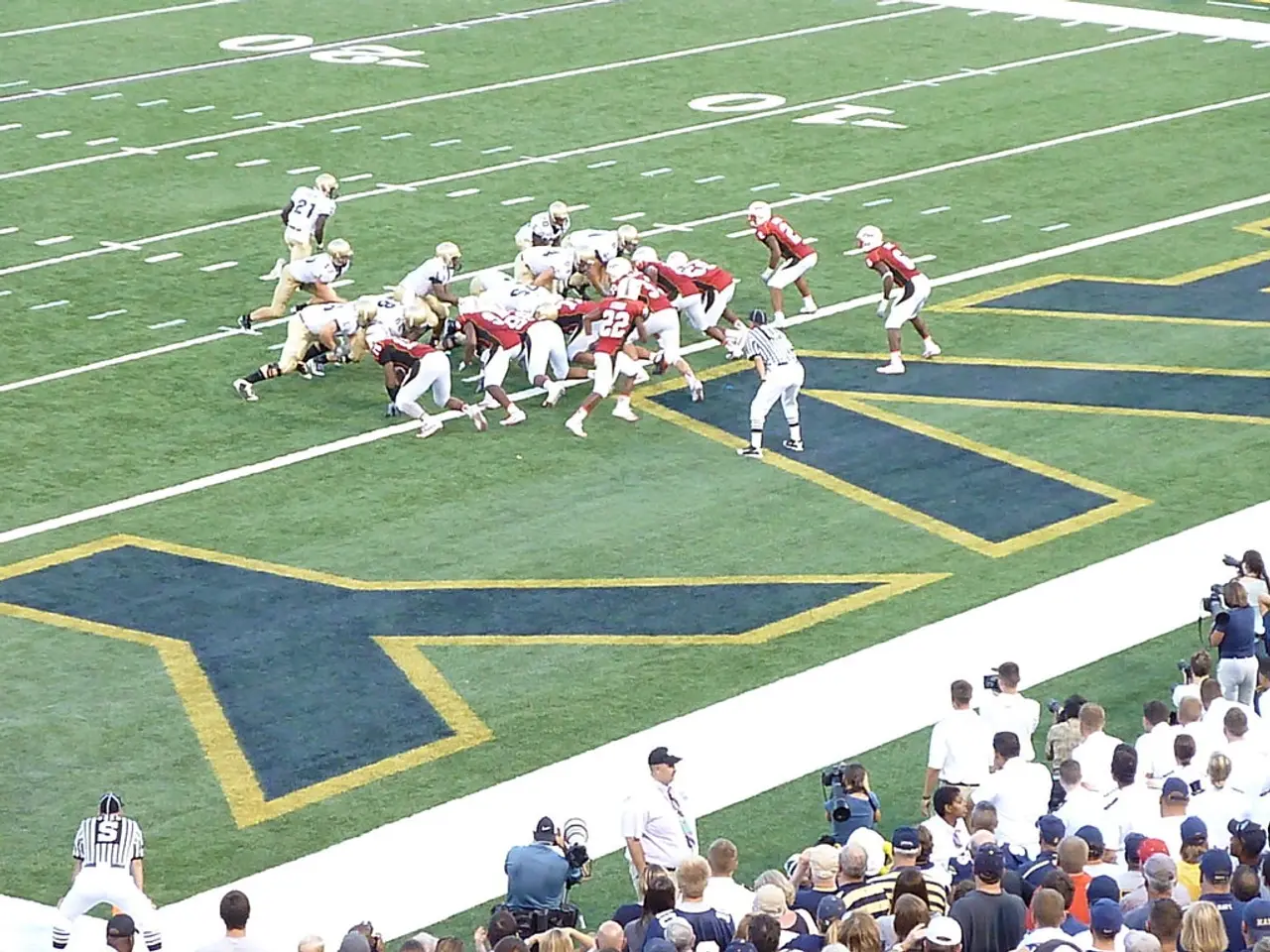Dürr, FDP leader, voicing weather insights that leave listeners bewildered
In the middle of a prolonged heatwave and drought, Christian Dürr, Chairman of the Free Democratic Party (FDP) in Germany, made a public comment that has sparked debate across political and public spheres. Dürr expressed skepticism about linking every extreme weather event to climate change, questioning some common narratives around weather and climate science.
Dürr's comment, posted on the X platform, was met with both support and criticism. FDP supporters, climate skeptics, and those calling for more scientific debate praised Dürr for urging caution against simplistically linking short-term weather events to long-term climate trends. However, numerous climate experts, environmental organizations, and political opponents criticised Dürr's remarks for downplaying the clear scientific consensus that extreme weather events are linked to human-induced climate change.
Opposing parties, particularly the Greens and Social Democrats, accused Dürr and the FDP of undermining urgent climate action and spreading misinformation during a crucial time for climate policy. Climate scientists and environmentalists argued that Dürr's comments disregarded the evidence of human-induced climate change and its impacts, such as heat-related deaths, forest fires, and problems with infrastructure like Deutsche Bahn.
Meteorologist Jörg Kachelmann responded to Dürr's post, labelling it as "cheap populism" to claim that high temperatures were "very nice weather" given the unprecedented nature of such conditions. Kachelmann's response echoed the sentiments of many critics, who took issue with Dürr's phrase "very nice weather."
As of mid-2025, Dürr has responded to the criticism by labelling references to scientific findings as populism. The media coverage has been mixed but has largely highlighted concerns about the spread of climate skepticism. Social media responses have ranged from supportive hashtags emphasizing scientific caution to critical campaigns reinforcing the urgency of climate action.
The incident reflects ongoing tensions in German politics between economic liberalism (FDP) and more aggressive climate policies favoured by other parties. This incident exemplifies how climate communication remains a contentious and polarizing issue. As Germany faces the challenges of prolonged drought and record-breaking heatwaves, the debate over climate change and its impacts continues to be a significant topic of discussion.
The dispute over Dürr's comment, questioning the link between extreme weather events and climate change, has escalated into a political and public debate, encompassing debates on community policy, employment policy (given the effects of climate change on various sectors), general-news, crime-and-justice (due to the accusations of spreading misinformation), and weather. The criticism from climate experts, environmental organizations, and political opponents alleges that Dürr's statement disregards the evident scientific consensus on human-induced climate change and its impacts.
In response to the controversy, Dürr has labeled references to scientific findings as populism, creating more tension in German politics and solidifying the contentious nature of climate communication, particularly in light of the prolonged heatwave and drought.








